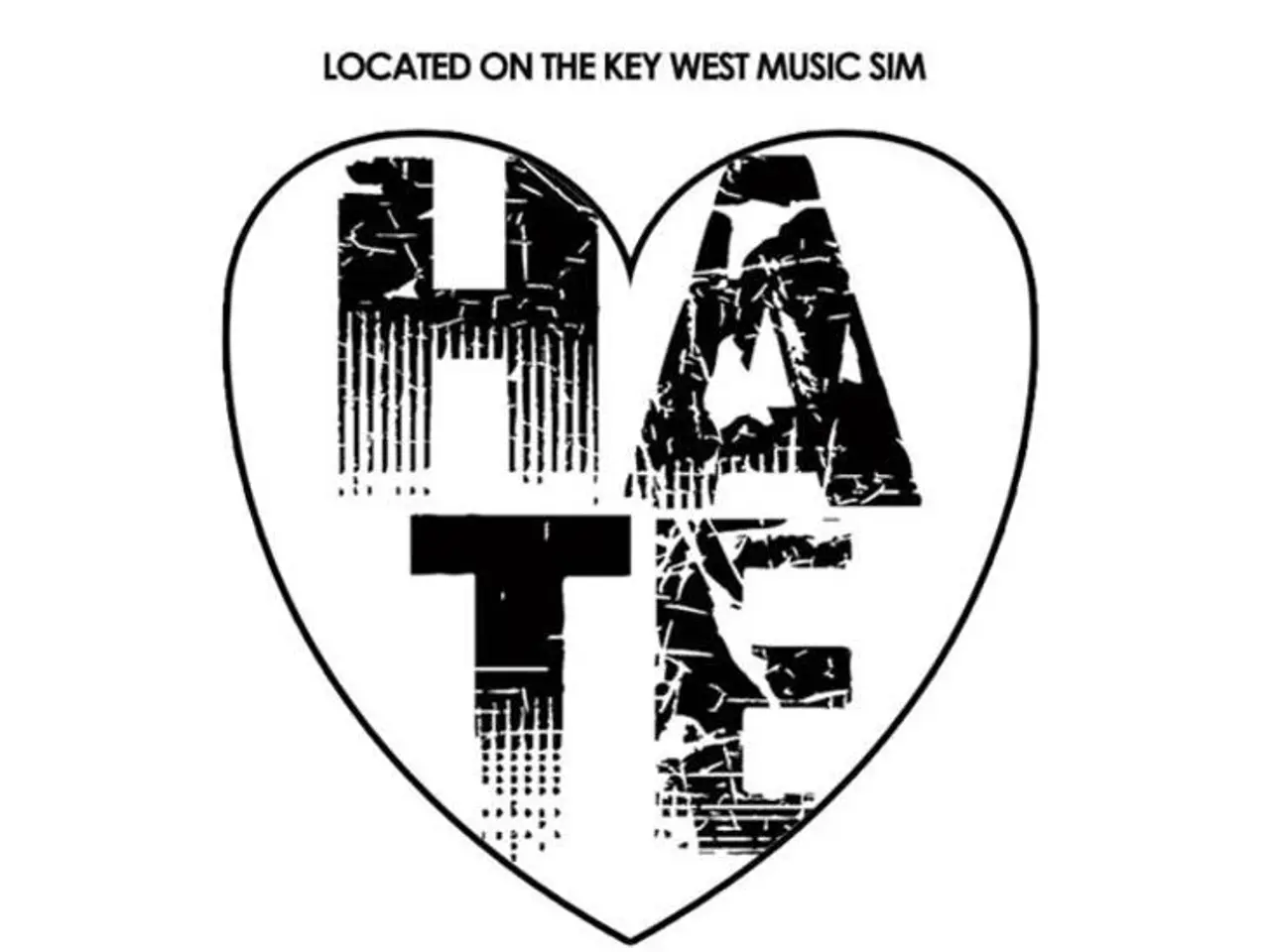Display of Terror and Hate Symbols Prohibition Bill Introduced by Carney Administration to Combat Hate Crimes
The Canadian government is set to introduce a hate-crimes bill on Friday, aiming to address an escalating trend of hate crimes in the country, particularly those linked to tensions over Israel's war in Gaza. The FBI has been monitoring these tensions and their impact on hate crimes in both the United States and Canada.
Justice Minister Sean Fraser has expressed his hope that Supreme Court rulings on the matter will provide the right balance, and he is optimistic about the bill's swift passage. The proposed legislation will codify hate in the Criminal Code and make it easier to add a hate-crime charge to certain offenses, such as vandalism of the National Holocaust Monument in Ottawa.
Under the new law, symbols of government-designated terror groups and other hate symbols like Nazi imagery will be targeted. However, the bill will not criminalize actions that are considered artistic or academic displays, even if they support designated terror groups.
The law will also include a ban on the intentional display of "hate" and "terror" symbols to prevent support or promotion of terrorism. Police will be granted the authority to lay charges for "hate propaganda" without the approval of an attorney general.
The bill is the first in a series of criminal justice reforms the government will table this fall. It comes in response to concerns about the rise in hate crimes and the need to protect places of worship and community spaces from intimidation or obstruction.
Civil liberties advocates have raised concerns that any such legislation could infringe on Canadians' right to freedom of expression. They argue that the line between hate speech and protected speech can be blurry, and there is a risk of overreach if the legislation is not carefully crafted.
In the U.K., activists supporting a group designated as a terror group have been arrested for displaying symbols. However, the Canadian law will not apply to actions similar to those that led to the arrests of activists in the U.K.
The Canadian government officially identifies groups such as the FARC-EP (Revolutionary Armed Forces of Colombia) as terrorist organizations. The FARC was designated this way by the United States among other entities until its disarmament process starting in 2017, although a small faction later announced rearmament. Symbols of terrorist organizations can be banned under Canadian law when the groups are officially listed as terrorist entities.
In summary, the Canadian government is set to introduce a hate-crimes bill aimed at addressing the rise in hate crimes in the country. The bill will codify hate in the Criminal Code, make it easier to add a hate-crime charge to certain offenses, and ban the intentional display of hate and terror symbols. However, artistic and academic displays will not be criminalized. The bill is the first in a series of criminal justice reforms the government will table this fall.
Read also:
- United States tariffs pose a threat to India, necessitating the recruitment of adept negotiators or strategists, similar to those who had influenced Trump's decisions.
- Weekly happenings in the German Federal Parliament (Bundestag)
- Southwest region's most popular posts, accompanied by an inquiry:
- Discussion between Putin and Trump in Alaska could potentially overshadow Ukraine's concerns





